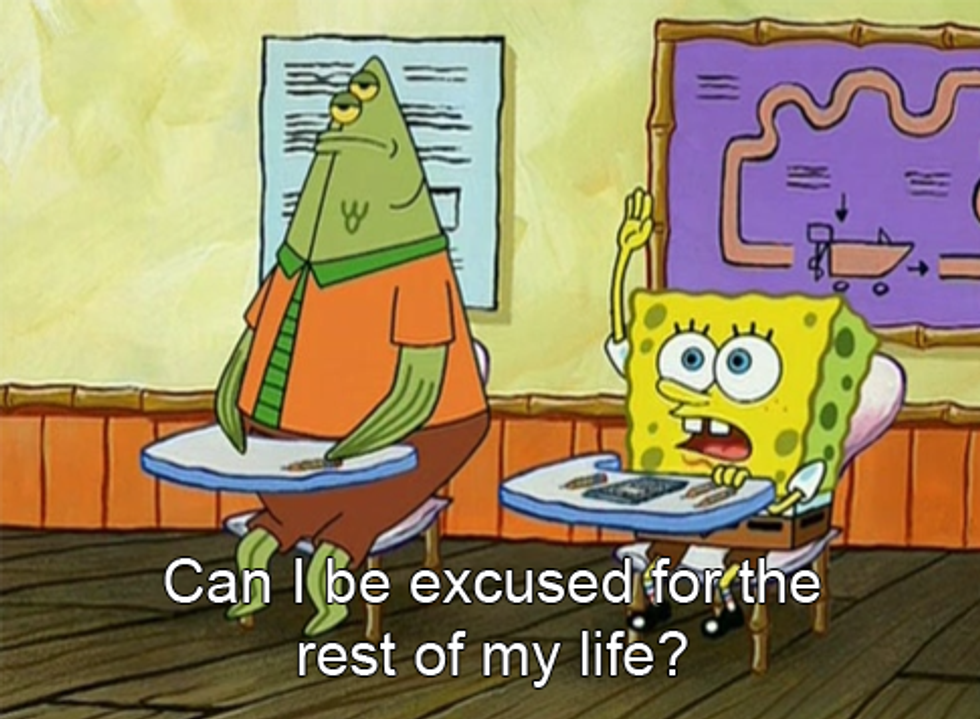Trigger Warnings have been around for a while now, but for those who may not know what they are; trigger warnings are implemented on blog posts, videos, and articles that warn potential readers/viewers that the content they’re attempting to view may contain offensive or ‘triggering’ content.
Trigger warning originally came from a good idea. It’s hard to pinpoint exactly where trigger warnings came from, but earliest uses of the warnings can be found on blogs for victims of sexual assault, to avoid triggering readers with PTSD. This is the proper use of a trigger warning, but they have become so widespread that nearly everything has a trigger warning, regardless of how ‘triggering’ the content actually is.
The word ‘trigger’ in ‘trigger warning’ used to allude to the possibility that something could trigger PTSD, but now it could mean that the article/video could simply make some people angry. Some people are now demanding trigger warnings are placed where they don’t belong, and have become a very limited form of censorship. But the content isn’t censored for children or people with PTSD; they’re censored so single-minded people can continue to surround themselves with things they agree with. For example, it’s not unheard of to see a trigger warning on a pro-Trump article for the simple fact that it says positive things about Donald Trump.
The result is that there are more people who don’t really care about anything enough to hear both sides, rather just want to read/watch things that stroke their ego. The constant ego boost has created armies of people who believe they’re smarter than the majority, and are unwilling to have their ideas challenged.
People who wholeheartedly believe in the power of the trigger warning are by no means stupid, but the self-censorship that is being practiced is causing them to misdirect their energy, and may have any flawed ideas or beliefs they hold supported by like-minded people without anybody making them think about what they're saying. If we only surround ourselves with like-minded people, we can sometimes convince ourselves that we’re in the majority, and that anybody who feels differently than us are just the misguided vocal minority.
It’s like if somebody only talked to people who think Metal is the best genre of music for thirty years. If you took this person to an opera house, they’d think everybody else was listening to horrible music, even though they’re the only person out of 300 in a Whitechapel hoodie.




















